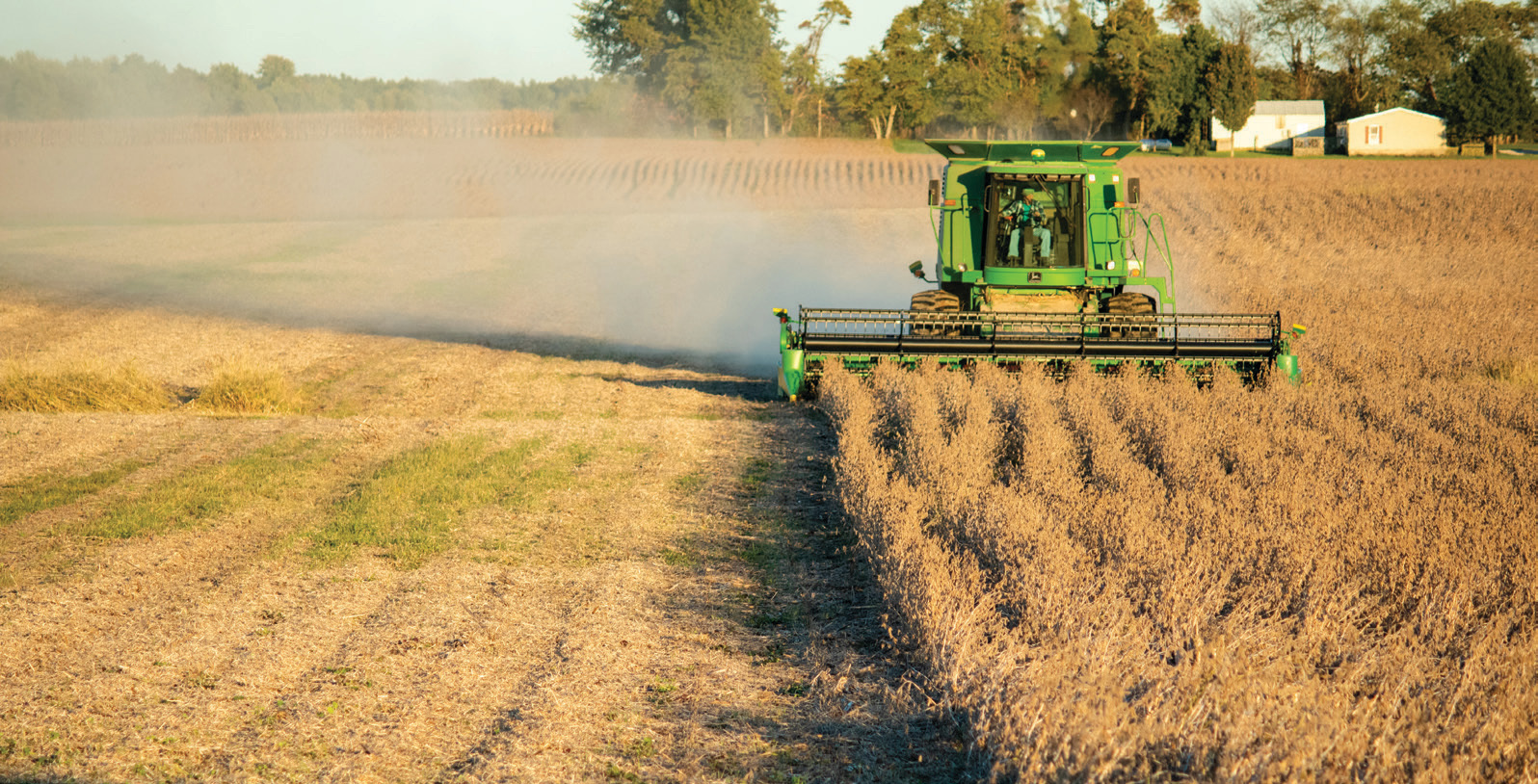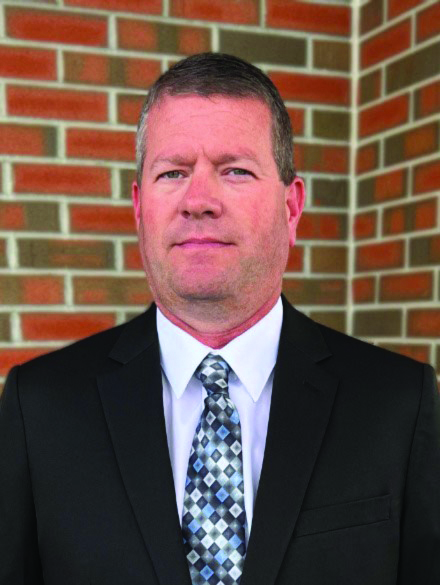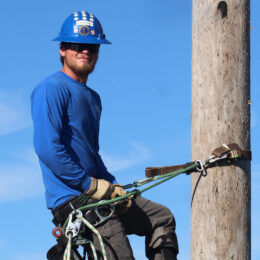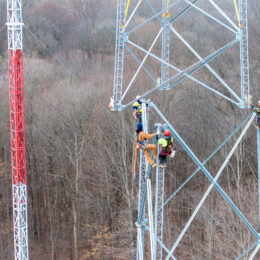
Modern farming often relies on data and equipment with GPS and auto-guidance systems. However, even with these modern conveniences, farm workers must remain vigilant. That’s because farming is considered one of the most dangerous jobs in the United States.
Massive machinery is indispensable to farming, but the same impressive size, height, and extensions make them particularly vulnerable to contacting power lines. That’s why staying alert, focused, and knowledgeable about potential hazards and safety procedures is crucial.
During a busy harvest season, the familiar sights around the farm can easily fade into the background, and farm workers can overlook the power lines overhead. However, failing to notice them can lead to deadly accidents.
360 AWARENESS
Awareness of your surroundings, around, above, and below, and planning safe equipment routes can significantly reduce the risk of accidents. Even with GPS and auto-steering, it’s imperative that farm workers keep a close eye on the equipment’s location and are ready to take action if necessary.
Exposed underground powerlines, defective wiring in farm buildings, and extension cords are also hazards. Grain bins can pose a potential danger as well. The National Electrical Safety Code requires power lines to be at least 18 feet above the highest point on any grain bin with which portable augers or other portable filling equipment are used. If you plan to install new grain bins or are concerned about power lines’ proximity to existing grain bins, contact Daviess-Martin County REMC.
SMART HARVEST SAFETY TIPS
To ensure a safer harvest season, SafeElectricity.org recommends the following tips to avoid electrical accidents on the farm:
- Exercise caution near power lines. Be careful when raising augers or the bed of grain trucks around power lines.
- Use spotters when operating large machinery near power lines. Ensure the spotters do not touch the machinery while it is moving near power lines.
- Lower equipment extensions, portable augers, or elevators before moving or transporting equipment. Do not raise equipment, such as ladders, poles, or rods, into power lines. Remember that non-metallic materials like lumber, tree limbs, ropes, and hay can conduct electricity, especially when damp, dusty, or dirty.
- Never attempt to raise or move power lines to clear a path. Doing so could result in electric shock or death.
- Avoid using metal poles inside bins. Don’t use metal poles to break up bridged grain inside or around bins. Ensure that qualified electricians handle work on drying equipment and other farm electrical systems.
While rare, the only reason to exit equipment that has come into contact with overhead lines is if the equipment is on fire. However, if it happens, jump off the equipment with your feet together and without touching the machinery and the ground at the same time. Then, still keeping your feet together, hop to safety as you leave the area.




